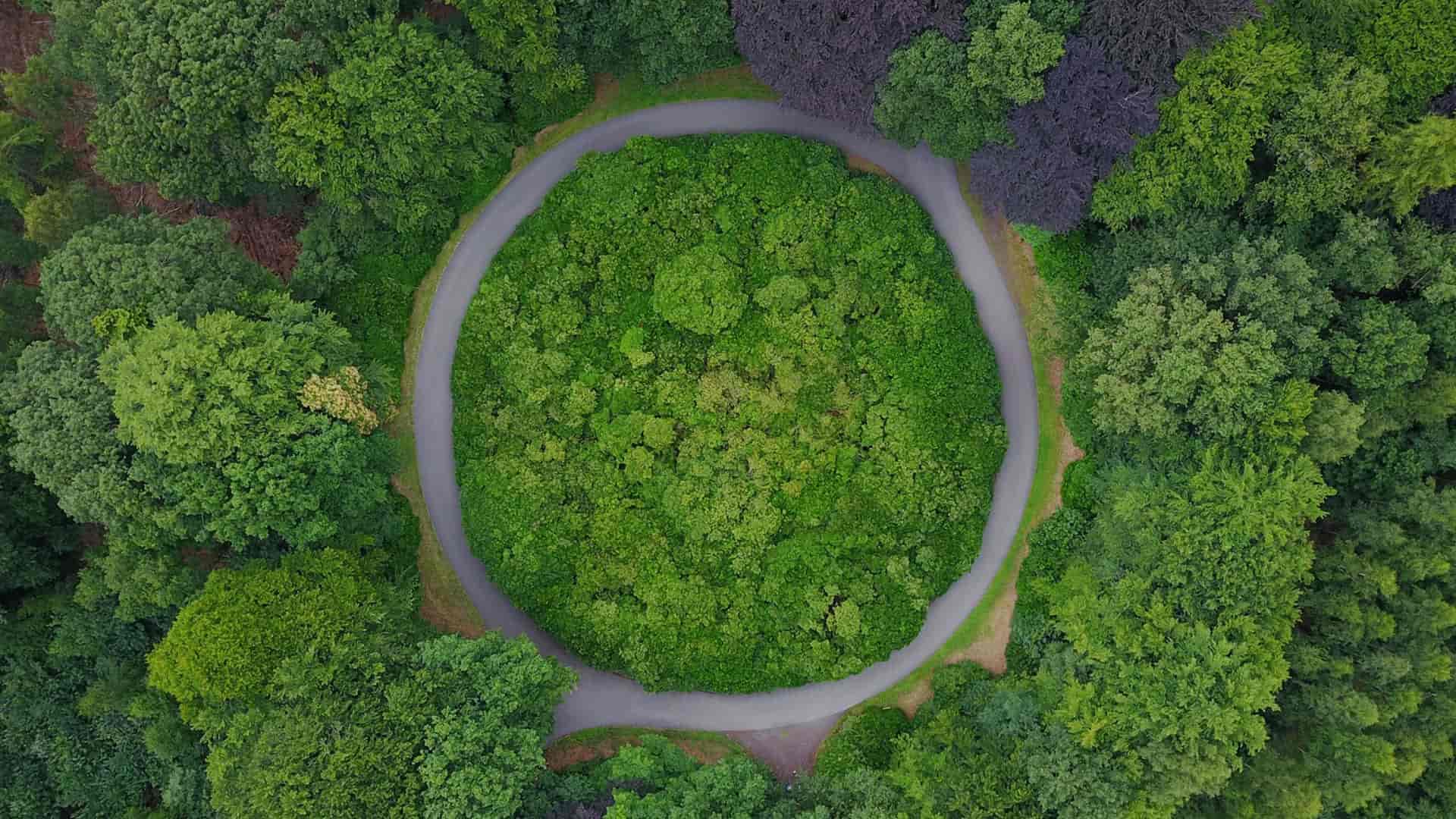
Social, economic and cultural drivers, and costs of land degradation
5.500.000€
Description
The main goal of this opportunity is to advance healthy soils in Europe by 2050, supporting the EU's vision for sustainable land use and climate neutrality. It focuses on understanding what drives soil management and degradation, including social, economic, and political factors. Projects are encouraged to analyze the costs and benefits of soil conservation, assess the socio-economic impacts of Green Deal policies, and develop policy solutions for sustainable land management. The scope covers the European Union, Associated Countries, and—under certain conditions—other international partners. Activities should contribute to protecting soils and achieving targets aligned with the Sustainable Development Goals.
Admissible Projects
-
Develop and test innovative soil restoration techniques (e.g. organic amendments, agroecological practices, bio-remediation) suited to degraded agricultural and natural lands.
-
Provide scientific evidence (through field trials, living labs, or pilot deployments) on improvements in soil health indicators such as organic carbon, nutrient cycling, structure, biodiversity, and water retention.
-
Demonstrate enhanced ecosystem services; such as increased productivity, biodiversity support, carbon sequestration, and resilience to extreme events: resulting from restoration.
-
Assess long-term effects and best practices across multiple soil types, land uses, and climatic zones to ensure scalability and relevance.
-
Develop continued monitoring frameworks aligned with the Soil Monitoring Law, enabling harmonisation of soil health assessments across regions.
-
Engage a diverse group of stakeholders (farmers, landowners, public bodies, researchers) to co-design restoration strategies and ensure practical uptake.
-
Provide policy guidance and recommendations for supporting soil restoration under EU environmental and agricultural strategies, including CAP and Mission‑Soil goals.
Examples:
- A cross-border study comparing the impact of different land management policies on soil health in Mediterranean and Central European regions.
- A pilot program analyzing the economic benefits of regenerative agriculture practices in rural communities.
- A collaborative project developing policy recommendations for sustainable land use in both urban and rural areas across several EU countries.
Eligible Expenses
- Personnel costs for research and project management
- Costs for equipment and materials needed for soil studies
- Travel and accommodation for fieldwork or meetings
- Subcontracting of specialized tasks or services
- Costs related to data collection and analysis
- Communication, dissemination, and stakeholder engagement activities
- Workshops, training, and capacity-building events
- Overheads and indirect costs, as included in the lump sum
- Costs for pilot actions and demonstration activities
All expenses must fit within the lump sum funding model and comply with the Horizon Europe rules.
Financial Information
- Budget for this Call: 11.000.000€
- Number of Grants attributed: 2
- Budget per project: 5.500.000€
Eligibility Criteria
-
Consortium must include at least three independent legal entities registered in three different eligible countries, with at least one partner in an EU Member State.
-
All participants must be established in EU Member States or Horizon Europe associated countries and must demonstrate sufficient financial and operational capacity as defined in Horizon Europe Annex B & C.
-
The action type is likely a Research & Innovation Action (RIA), centered on scaling up soil restoration or health-enhancing techniques.
-
Projects should involve multi‑actor participation (such as farmers, land managers, scientists, civil society and policymakers) and demonstrate practical soil health benefits
-
Must support EU soil-related mission targets (e.g. soil restoration, carbon uptake, biodiversity) with measurable outcomes and monitoring plans aligned with EU standards
-
Standard Horizon Europe rules apply: ethics assessments, data protection, conflict-of-interest and exclusion checks, integrity, and legal compliance as per General Annexes A-G.
Get matched with our experts

Need help applying?
Social, economic and cultural drivers, and costs of land degradation
5
Specialized Consultants
SMART Application Package

Initial meeting to confirm eligibility.
Connection with the best specialized consultant for the incentive and industry.
Complete management and submission of application.
Timeline
May 6, 2025
Applications Open
The period during which applications can be submitted for the opportunity.
Sept. 30, 2025
Applications Close
The final date by which all applications must be submitted for consideration.
May 6, 2025
Applications Open
The period during which applications can be submitted for the opportunity.
Sept. 30, 2025
Applications Close
The final date by which all applications must be submitted for consideration.
